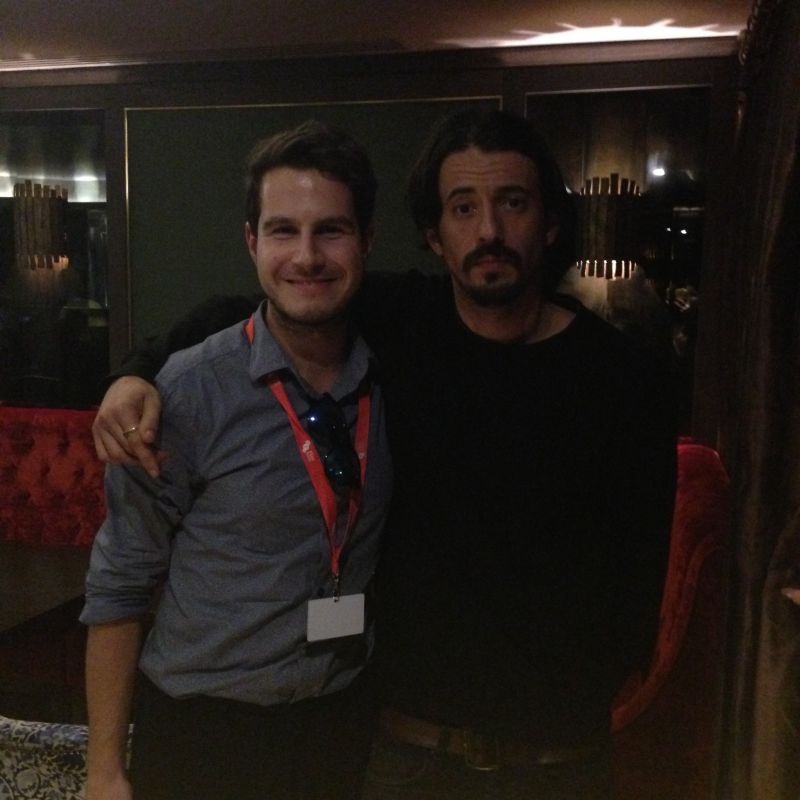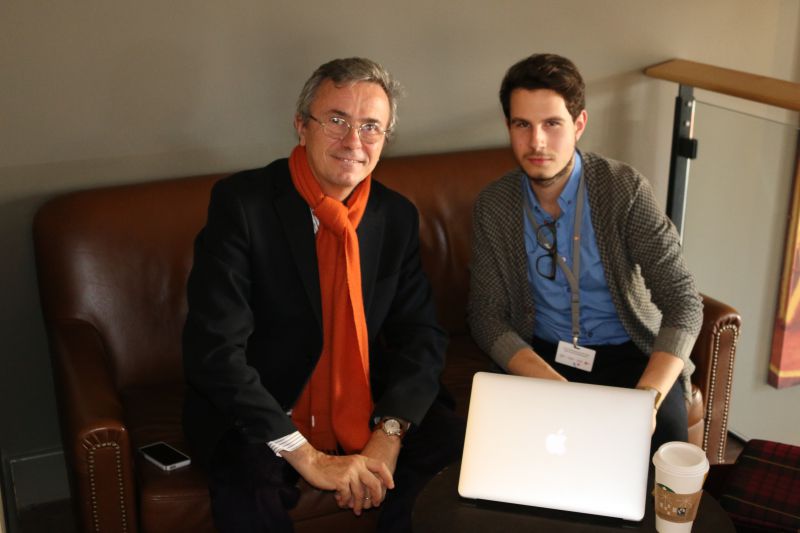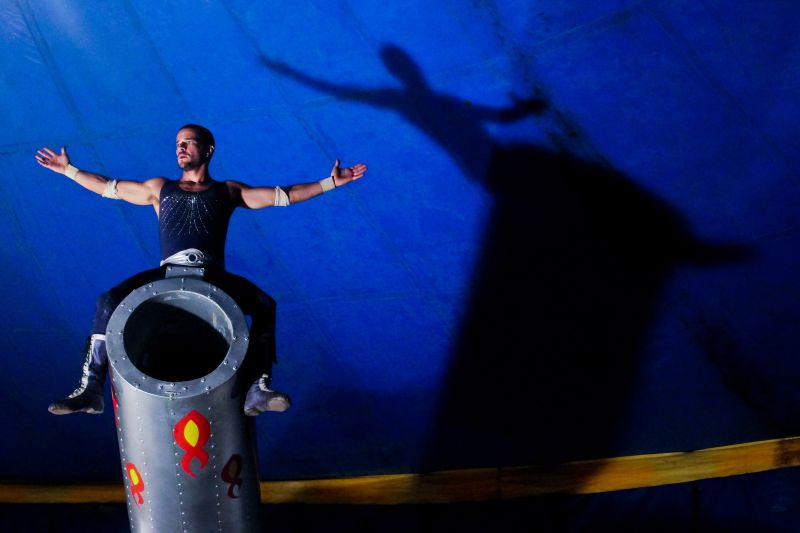|
|
||
|
Pro Tools
FILMFESTIVALS | 24/7 world wide coverageWelcome ! Enjoy the best of both worlds: Film & Festival News, exploring the best of the film festivals community. Launched in 1995, relentlessly connecting films to festivals, documenting and promoting festivals worldwide. Working on an upgrade soon. For collaboration, editorial contributions, or publicity, please send us an email here. User login |
Stephen Dunn on his debut feature Closet Monster
Stephen Dunn is a Canadian director, writer and producer and Closet Monster is his first feature film. It premiered at TIFF 2015 and received the Canada Goose Award for Best Canadian Feature Film.
Oscar is growing up with his dad, whereas usually gay boys are closer to their mothers. Why did you choose to create this contrast, or was it for additional dramatic value?
15.10.2015 | Martin I. Petrov's blog Cat. : 2015 award canada goose closet monster connor jessup debut feature film festival first LFF london stephen dunn tiff toronto Interviews
|
LinksThe Bulletin Board > The Bulletin Board Blog Following News Interview with IFTA Chairman (AFM)
Interview with Cannes Marche du Film Director
Filmfestivals.com dailies live coverage from > Live from India
Useful links for the indies: > Big files transfer
+ SUBSCRIBE to the weekly Newsletter Deals+ Special offers and discounts from filmfestivals.com Selected fun offers
> Bonus Casino
User imagesAbout Martin I. PetrovThe EditorUser contributions |


























 Petrov Martin
Petrov Martin 


